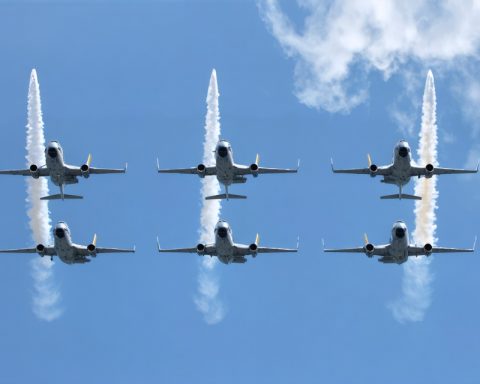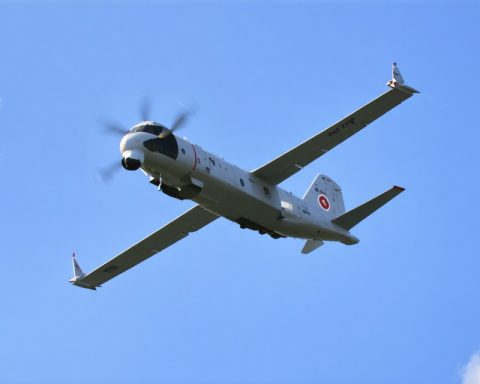Major U.S. Defense Firm Lands Contract: Leidos Inc., headquartered in Reston, Virginia, has secured a significant contract valued at $987 million to enhance F-16 fighter jet operations through the Foreign Military Sales (FMS) initiative.
Extending the Life of F-16s: This extensive agreement includes crucial components such as repair and return services that focus on maintaining and refurbishing essential parts, ensuring that the F-16 jets remain mission-ready. Additionally, it offers engineering and technological assistance to tackle performance challenges and resolves issues related to scarce materials and dwindling manufacturing sources.
Key Partnership with Taiwan: The contract, managed by the Air Force Life Cycle Management Center situated at Hill Air Force Base in Utah, prominently features support for Taiwan’s F-16 fleet. It is structured as a multifaceted agreement with fixed-price and cost-plus elements and is set to continue until May 31, 2034.
Funds and Competition: Initial funding of over $1.5 million was allocated at the contract’s inception. This deal emerged from a competitive bidding process with two contenders.
Strategic Importance of the F-16: As a vital asset in both the U.S. and allied air forces, the F-16 Fighting Falcon executes various operations, both in air-to-air combat and ground attack scenarios. The agreement emphasizes maintaining these jets’ operational readiness.
Strengthening Ties in the Indo-Pacific: Taiwan’s role in this contract highlights the enduring partnership between the U.S. and its Indo-Pacific allies, fortifying Taiwan’s defense amid mounting regional tensions.
Leidos – A Trustworthy Partner: Known for its pioneering defense solutions across multiple domains, Leidos continues to solidify its reputation as a dependable ally in upholding crucial defense systems for the U.S. and its partners globally.
Leidos’ New Contract: A Boost to F-16 Capabilities
Innovations in Military Aviation: Enhancing F-16 Operations
The recent $987 million contract awarded to Leidos Inc. marks a significant advancement in military aviation, particularly focusing on sustaining the F-16 fighter jets’ operational capability. This initiative underscores the U.S. commitment to bolstering defense systems for ally nations, emphasizing technological and engineering enhancements that align with the latest military aviation trends.
Pros and Cons of F-16 Life Extension
One of the main advantages of this contract is the extension of the operational life of the F-16 jets, allowing them to continue service well into the next decade. This reduces the immediate need for costly new aircraft procurement. However, a potential downside is the reliance on older technology, which might face challenges matching more advanced combat aircraft introduced by other nations.
Security Aspects and Future Predictions
Enhancing the F-16 fleet’s capabilities through repair and technical upgrades is crucial in maintaining air superiority. As geopolitical tensions rise, particularly in the Indo-Pacific region, maintaining the operational readiness of these jets ensures a strategic advantage. Looking ahead, the continual upgrades could set the stage for integrating AI and autonomous features into older aircraft models, further enhancing their strategic value.
Market Analysis: Broader Implications for the Defense Industry
The contract’s competitive bidding saw only two contenders, highlighting a niche industry landscape where few companies possess the complex capabilities to handle such large-scale defense contracts. This situation places Leidos at a strategic advantage in future government collaborations, likely influencing market dynamics favorably towards firms with proven expertise.
Strengthening Indo-Pacific Defense Alliances: Taiwan’s Strategic Role
Taiwan’s inclusion in this agreement underscores the focus on reinforcing defense ties with key U.S. allies in the Indo-Pacific region. This partnership is crucial in light of regional security dynamics, serving as a testament to how military support extends beyond mere equipment provision, into fortification of geopolitical partnerships.
Final Thoughts
As Leidos steps forward with innovations in military aviation through this substantial contract, the focus remains on strengthening the defense readiness of both the U.S. and its allies. The move also highlights the ongoing relevance of the F-16 fleet in global military strategy and the commitment of major defense firms to adapt and support aging military technology with modern solutions.












